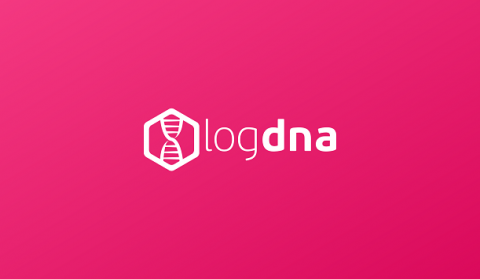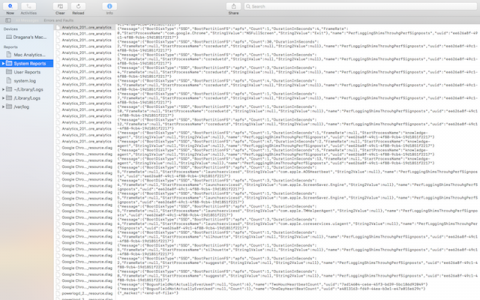Operations | Monitoring | ITSM | DevOps | Cloud
Logging
The latest News and Information on Log Management, Log Analytics and related technologies.
How Does Honeycomb Compare to Metrics, Log Management, and APM Tools?
At Honeycomb, we are frequently asked how we compare to what else is out there. Do these other tools offer observability? Do I need them all? What’s important? Metrics? Logs? What’s the best way to monitor application performance?
Latest Marriott Breach Puts Focus on GDPR
A massive data breach at Marriott and Starwood Hotels and Resorts has put the General Data Protection Regulation (GDPR) back in the spotlight. As the hotel chain faces record fines under the GDPR, privacy experts are again extolling the importance of secure log management practices to avoid suffering a similar fate as Starwood.
Top 10 Logz.io Features and Announcements in 2018
What a year this has been for Logz.io! It’s been an event-packed year for both our users and our community, with a myriad of new capabilities and product features rolled out one after the other. We’ve done the best to update you on the major new additions and have also added a What’s New feature within the UI itself to make sure you don’t miss on the new goodies being introduced.
How to Analyze Game Data from Killer Queen Using Machine Learning with Sumo Logic Notebooks
This year, at Sumo Logic’s third annual user conference, Illuminate 2018, we presented Sumo Logic Notebooks as a way to do data science within the Sumo Logic platform. Sumo Logic Notebooks integrate Sumo Logic data, data science notebooks and common machine learning frameworks.
KubeCon 2018 + CloudNativeCon Recap
KubeCon + CloudNativeCon North America 2018 was an incredible event. We had many exciting announcements – LogDNA’s new partnership with IBM Cloud, our recent round of funding, as well as great conversations, product demos, fun giveaways, and even surprise gifts for loyal customers, our booth was jam packed.
Generating Word Embeddings with Gensim's word2vec
During our Activate presentation, we talked about how to do query expansion by dynamically generating synonyms. Instead of statically defining synonyms lists, we showed a demo of how you could use word2vec to derive synonyms from a dataset. Before we start, check out a useful Solr Cheat Sheets to guide you through Solr and help boost your productivity and save time.
Paf
Pokemon Protects Customer Trust with Sumo Logic
How to Read Log Files on Windows, Mac, and Linux
Logging is a data collection method that stores pieces of information about the events that take place in a computer system. There are different kinds of log files based on the kind of information they contain, the events that trigger log creation, and several other factors. This post focuses on log files created by the three main operating systems--Windows, Mac, and Linux, and on the main differences in the ways to access and read log files for each OS.











